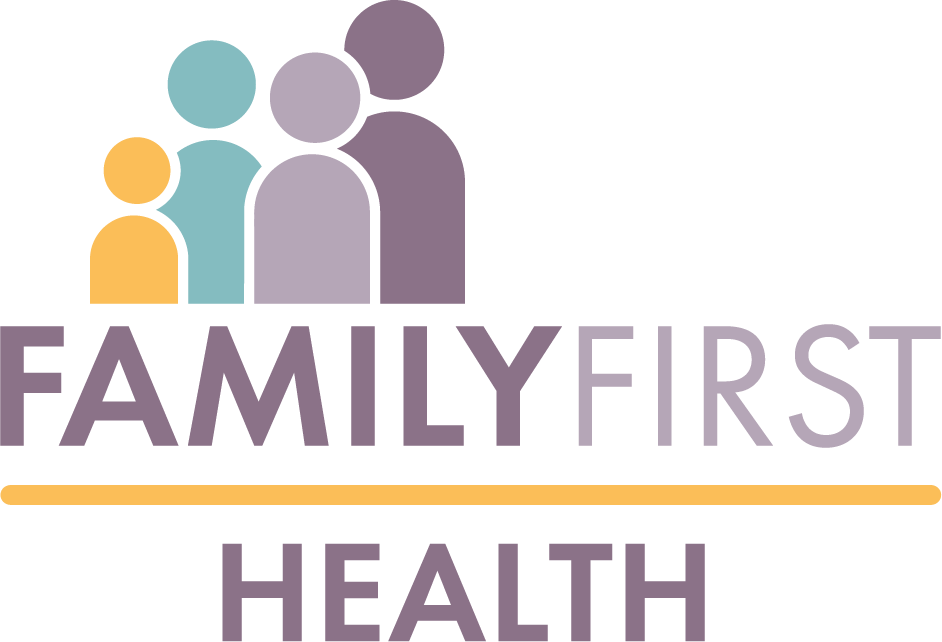YORK, Pa. – Hundreds of thousands of Pennsylvania Medicaid and CHIP patients could lose coverage this year due to the end of a federal pandemic-era policy.
During the COVID-19 pandemic, Medicaid patients remained in the program regardless of whether they had changes in their eligibility, such as getting a higher-paying job that put them above Medicare’s maximum income requirements.
Beginning on April 1, the Medicaid continuous coverage requirement ended, meaning patients now ineligible for Medicare will risk losing their health coverage at the time of renewal. Renewal times vary by patient, so coverage losses will happen throughout the next year.
Officials estimated that 600,000 to 700,000 Medicaid patients may have become ineligible in the roughly three years since the continuous coverage requirement began.
On June 6 the Pennsylvania Department of Human Services detailed its plan to ensure those losing Medicaid coverage continue to have health insurance.
Current Medicaid patients who either don’t fill out their annual renewal or fill it out but are no longer eligible will receive a letter directing them to Pennie, the state’s official health coverage marketplace. Their personal information will automatically be transferred to the site, where patients can find another affordable health insurance plan.
“Everyone deserves the dignity and peace of mind of having access to affordable, high-quality health care and knowing they can go to the doctor when they need it. DHS’ goal throughout the renewal process is to make sure that all Pennsylvanians stay covered so they have that peace of mind,” said DHS Secretary Val Arkoosh.
Pennie is not an insurance provider, but helps patients shop for insurance policies. It also lets patients know if they qualify for tax savings to help reduce the cost of monthly premium payments and out-of-pocket costs.
“Those who lose medical assistance and come over to us often can find health plans that are quality for under $10 a month,” said Pennie executive director Devon Trolley.
Those who need help through the process can set up an appointment with a “Pennie assister” such as Emily Saare, an eligibility specialist with Family First Health in York. Saare, who specializes in assisting patients who are HIV positive, said many patients feel they have no options when they become ineligible for Medicaid.
“They’re in panic mode and they’re very scared, so they’re just giving up on life, giving up on their treatment,” Saare said. “There are other options and we provide those options.”
Officials urged Medicaid patients to fill out their renewals a few months ahead of time this year to make sure they don’t have any breaks in coverage.
